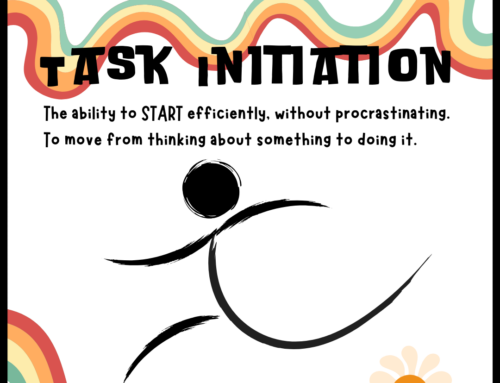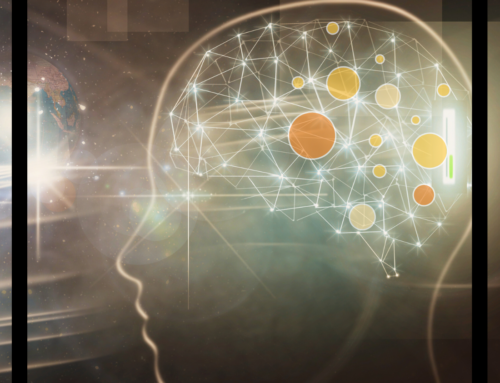Happiness is not a goal…it’s a by-product of a life well-lived. – Eleanor Roosevelt
What’s the secret? Do more of what makes you happy.
It’s simple, right? So simple that I wondered if I should even write this blog post. But after every Mom I’ve talked to over the past week has expressed the same sentiment, I realize we all need encouragement.
Moms, hang in there through the first weeks of summer swirl. Don’t loose site of these important truths:
- There can be balance between work and play.
- You can live generously within the tension of “do it all” and “drop everything.”
- You can create the balance – whatever that is – that you crave.
The sweetness of summer can still be savored when sprinkled with routines. The the lists of “do somedays” will not all get done now. We need to remember to do more of what makes us happy. Not our kids, not our parents, not all of our loved ones but, rather, what makes US happy. And to remember to do more of what makes us happy, we need to remember (and make sure we track) what those things are.
In case you’re starting to feel selfish, I’ll remind you: when you do things that make you happy, you feel happy. When you feel happy, you have more energy to regulate your emotions. When you regulate your emotions, you show your kids one of the most important skills they will build in life!
It can be so hard to stay calm 😡 when you are juggling kids’ asks, finishing up work, figuring out what to do for dinner, and how to be in 3 places at once. Especially when ADHD or Executive Function weakness comes into play (for you or any of your family members) and you feel stretched in a million directions, emotional regulation takes a TON of practice.
Intense emotions and ADHD: What’s the link?
Emotions are natural and healthy. How you experience and express emotions involves emotional regulation. When you can regulate your emotions, you can work toward your goals — no matter what you feel.
Emotional regulation involves five processes:
- making efforts to choose situations that minimize your negative emotions and create positive ones
- controlling what you can in a given situation
- paying attention to the elements of a situation that make you feel okay
- reevaluating situations that upset you
- changing actions that are purely based on negative emotions and may make things worse for you
If you have ADHD, the processes involved in emotional regulation may not occur automatically, and you may experience emotional dysregulation. This means not being able to adapt your emotional state to meet your goals. Pretty big deal, right?
Parents have the incredible opportunity to model and help their kids practice emotional regulation. That’s why we’ve devoted the summer months to flexing the muscles of this extremely essential skill! To help you put your own happiness front-and-center, we’ve designed a special Next 30 planning template.
Using it regularly will help you achieve new levels of your favorite you this summer. You’ll find prompts that guide you on weekly and daily levels to recall what you enjoy doing and make time to do them.
And that’s it! We guarantee that if you commit to 20 minutes each day reflecting on the planner prompts and following through on your answers, you will transform your summer!
Pssst: here’s a copy your student can use; last week’s blog post will help you get started right away.
AAAAAAaaaannnnnd, just to sweeten this week’s blog post, if you have a rising High School Junior, you don’t want to miss this! We’ve added a phenomenal 30 minute video from Student Connector Jenny McKeand and Parent Learning Sherpa Cindy Geske on the most important things you need to know about the ACT!
Yours in the journey,
Cara







